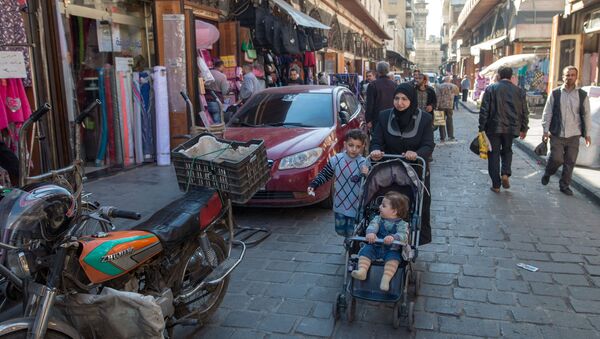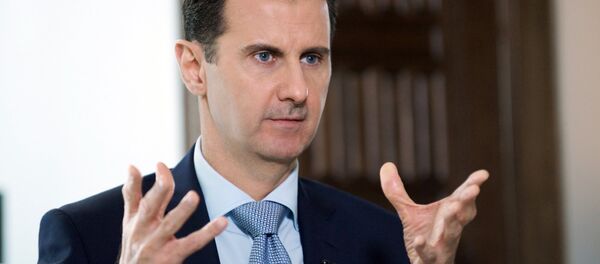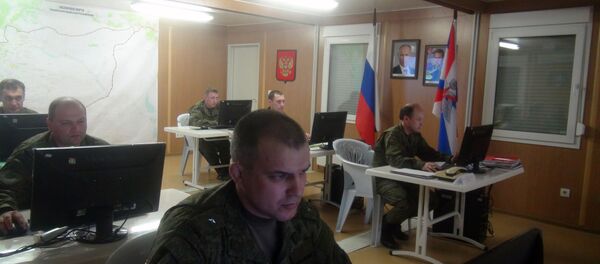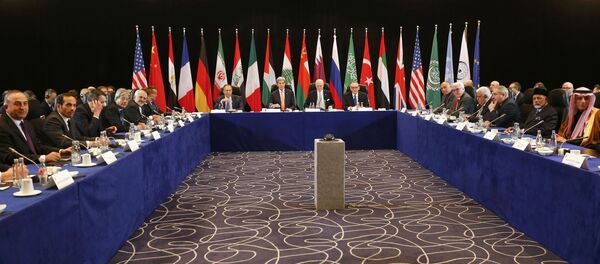"Our country is working on an extension of the ceasefire in Syria, continues to assist the government in its fight against terrorist groups. All the arrangements within the initiated political process, in our opinion, should be the result of the mutual consent of the Syrian parties," Gennady Gatilov stated at a ministerial conference hosted by the UN refugee agency in Geneva.
"We consider the lifting of the unilateral economic sanctions, which have been imposed on Syria by several states and regional organizations, as an important step in terms of the future normalization of life in Syria, including the refugee problem settlement," Gatilov said at the high-level meeting on the Syrian refugees admission organized by the UN Refugee Agency in Geneva.
Russia, as the UN Security Council’s permanent member and the co-chair of the International Syria Support Group (ISSG), contributes to resolving the crisis in Syria on the basis of the UNSC resolutions 2254, 2268 and the ISSG decisions, Gatilov added.
The UN Security Council Resolution 2254 was adopted last December. It reaffirmed the previous agreements to end the bombardment of civilians in Syria, bring the entire spectrum of political groups in the war-torn country to the negotiating table and promote a lasting political resolution to the crisis.
Kurds, the largest ethnic minority and an integral part of the Syrian society, have received no official invitation to join the past and future round of Syrian peace talks. The Syrian Kurdish Democratic Union Party (PYD) claims that its participation in the intra-Syrian talks was blocked by Ankara because of its assumed links to the pro-independence Kurdistan Workers' Party (PKK), active in southeastern Turkey and listed a terrorist organization by the latter.




